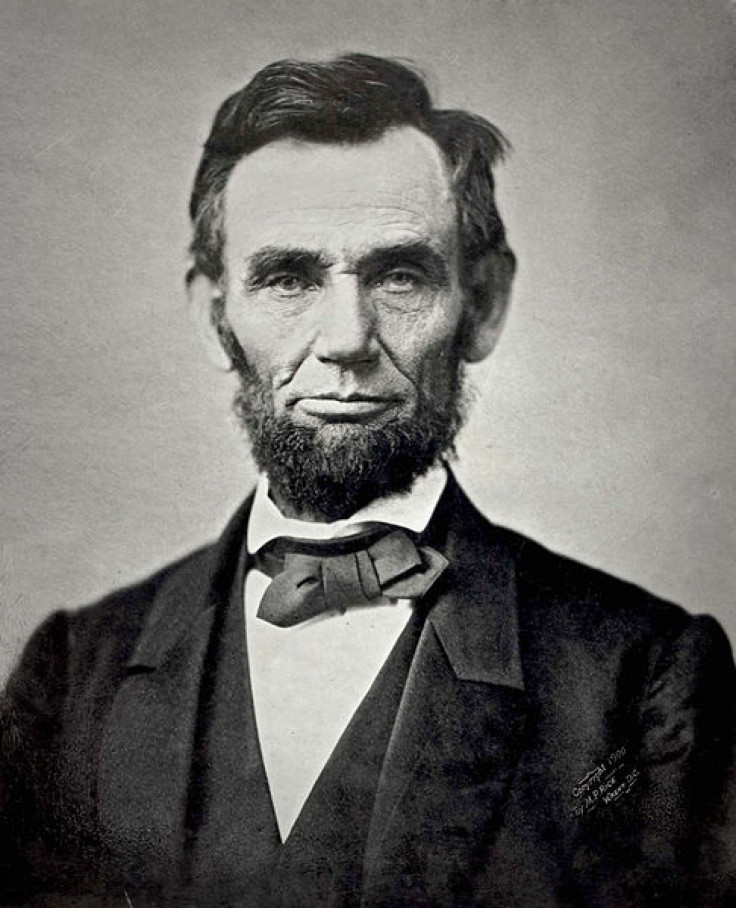Daniel Day-Lewis As 'Lincoln' Has Reviewers Glowing Over Movie, 'Team of Rivals' Book

The weekend film critics have been eagerly awaiting for months has arrived. Along with the new James Bond movie “Skyfall,” the Steven Spielberg-helmed “Lincoln” is hitting theaters, and the excitement among the reviewers is palpable.
Daniel Day-Lewis has been at the center of speculation as a potential Academy Award winner as the best actor in a leading role ever since the first “Lincoln” trailer hit the Internet. However, the actor's inspiration in portraying Abraham Lincoln may have come more from “Team of Rivals,” the biography on which “Lincoln” is based, than from historical lore.
In an A.V. Club review, Keith Phipps wrote that much of the film is spent not on the battlefields of the Civil War but in political meetings about the 13th Amendment,
Phipps wrote: “Spielberg also packs the margins with telling details, like the way Lincoln’s son Tad (Gulliver McGrath) is fixated on daguerreotypes of slave children, or a brief exchange between the president and his wife’s freed-slave confidant Elizabeth Keckley (Gloria Reuben) in which he admits how little he knows about the people he’s fighting to free, while she reveals that her happiness at the potential end of slavery comes tempered by her inability to imagine a future for African-Americans not informed by the oppression of the past. In that instance, it’s almost possible to see the weight of history land on Lincoln’s shoulders.”
Phipps and other critics also focused on Day-Lewis’ imitation of the 16th U.S. president. Some even suggested his performance was too short in a movie running 2 hours 29 minutes. At this writing, the film has a 93 percent rating at Rotten Tomatoes, the same as “Skyfall.”
A centerpiece of the movie is Lincoln’s relationship with his cabinet, dubbed the “Team of Rivals” in Doris Kearns-Goodwin's 2005 book of the same name. That book is regarded by some as the definitive historical account of who Abraham Lincoln really was, complete with speculation about his visiting 1850s brothels and struggling to convince his former political enemies to support his policies.
The New York Times gave the book a glowing review in 2005.
“How did [Lincoln] do it? Goodwin deals with this question better than any other writer. Part of the answer lay in Lincoln's steadfastness of purpose, which inspired subordinates to overcome their petty rivalries,” wrote Times reviewer James M. McPherson. “Part of it lay in his superb sense of timing and his sensitivity to the pulse of public opinion as he moved to bring along a divided people to the support of ‘a new birth of freedom.’ And part of it lay in Lincoln's ability to rise above personal slights, his talent for getting along with men of clashing ideologies and personalities who could not get along with each other.”
As a measure of Goodwin's achievement, “Team of Rivals” has become part of the political lexicon, being employed in reference to current President Barack Obama’s staff in Vanity Fair in July.
© Copyright IBTimes 2024. All rights reserved.











